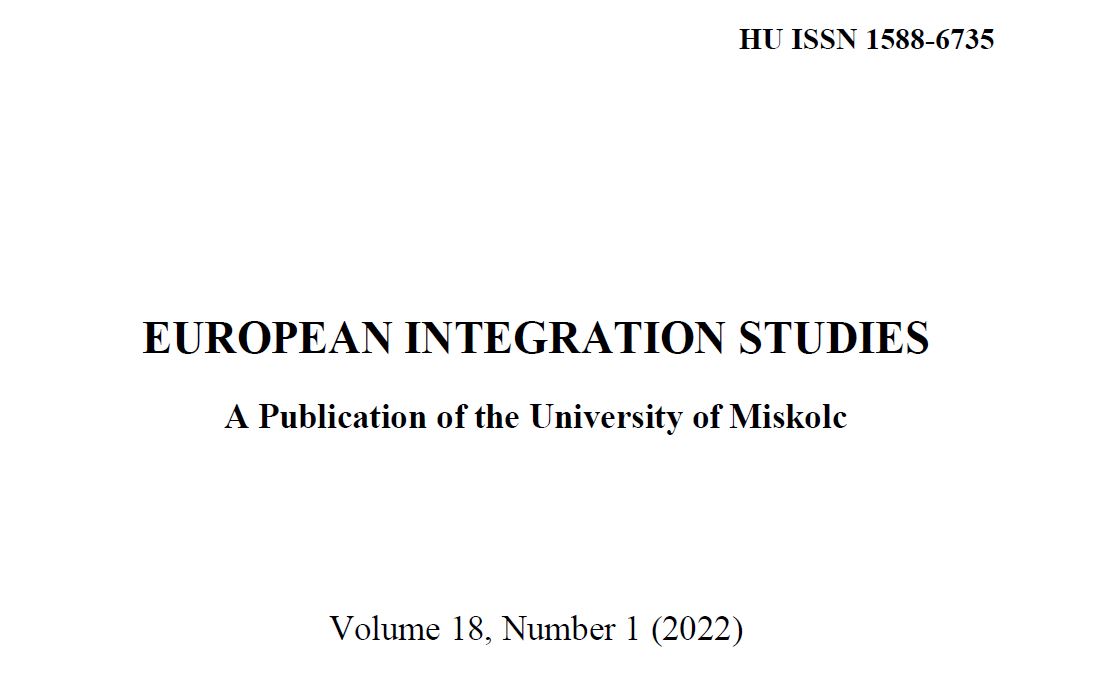The invalidity in the principles of European contract law – common cores and alternate ways
DOI:
https://doi.org/10.46941/2022.e1.84-92Schlagworte:
PECL,, invalidity,, contract law,, European legal heritage,, harmonization of lawsAbstract
The Principles of European Contract Law (PECL) has never been adopted as a binding legal authority in the European Union. While it remained a conclusion of a massive research project, the PECL certainly has an impact on the amendments to the legal framework for contracts throughout the Member States, and it serves as a unique lex mercatoria for European businesses. Furthermore, the PECL provides a starting point for any research that aims to identify common cores in the European contract law heritage. Chapter IV of PECL is dedicated to the validity of contracts, thus, this chapter serves as the base for the document’s approach to the invalidity of contractual obligations. The invalidity of contracts remains a much-debated legal phenomenon in almost all jurisdictions and international business law. The presentation embraces the instances of invalidity (mistake, threat, fraud, inaccuracy in communication, excessive benefit, unfair advantage, unfair terms not individually negotiated), matters not covered by the PECL (illegality, immorality, or lack of capacity), the concept and the effect of avoidance, and the consequences of avoidance in light of the most recent amendments to the contract law framework in the Member States. The central question is whether the PECL’s system on the invalidity of a contract may serve as a bridge between the different approaches of continental civil law legal systems and the common law legal systems. The presentation provides some examples of hot topics from the case law of selected municipal courts in Europe to identify the challenges courts face when deciding on the validity of contracts these days. Using these examples and combining them with some of the most recent legislative developments on invalidity across Europe, the presentation is searching for an answer to whether the common cores the PECL identified could help the spontaneous approximation of the laws of the Member States on contractual invalidity, or the Member States chose alternate ways to react to the practical challenges of the modern business environment.
Literaturhinweise
REFERENCES
Gordley, J. (2001). The enforceability of promises in European contract law. Cambridge: Cambridge University Press.
Gullifer, L. – Vogenauer, S. (2014). English and European perspectives on contract and commercial law. Oxford: Hart Publishing.
Hesselink, M. (2021). Justifying contract in Europe. Oxford: Oxford University Press.
Jansen, N. – Zimmermann, R. (2018). Commentaries on European contract laws. Oxford: Oxford University Press.
Keirse, A. (2011). European impact on contract law – A perspective on the interlinked contributions of legal scholars, legislators and courts to the Europeanization of contract law. Utrecht Law Review, Vol. 7, No. 1, pp. 34–51.
Kötz, H. – Weir, T. (1997). European contract law.Oxford: Clarendon Press.
Kötz, H. (2002). European contract law. Oxford: Clarendon.
Lando, O. (2003). Principles of European Contract law. The Hague: Kluwer Law International.
Mak, V. (2020). Legal pluralism in European contract law. Oxford: Oxford University Press.
Sefton, G. (2005). Mistake, Fraud and Duties to Inform in European Contract Law (Common core of European private law). Cambridge: Cambridge University Press.
Smits, J. (2015). Contract law. Stockport: Edward Elgar Publishing Limited, pp. 159–176.





